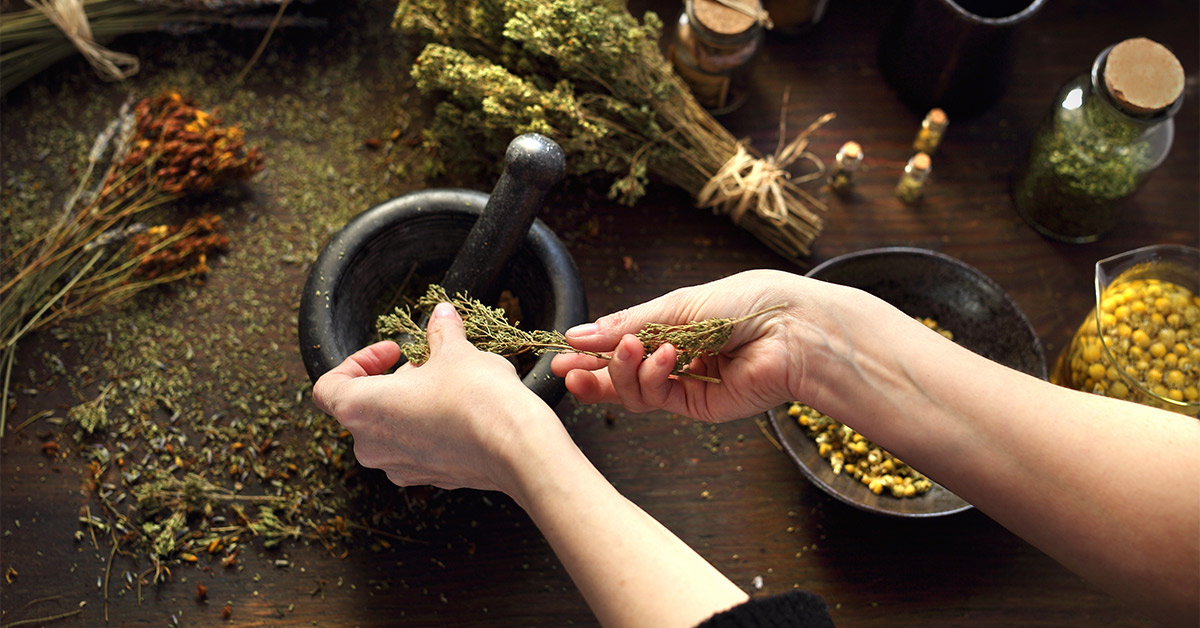WHAT HAPPENS TO OUR BODY WHEN WE CONSUME PROTEIN
The health benefits of it!

Herbs are plants that are easy to grow and have wonderful flavors. Starting an herb garden is a great way for beginner gardeners to engage in cultivating their own products.
The effectiveness of herbs and spices in treating and preventing common human diseases is always questioned due to the lack of scientific evidence. Since ancient times, plants have been used to improve human health, although the mechanisms have never been fully understood.
Our ancestors discovered plants to heal wounds and treat diseases. People across all continents have long used hundreds, if not thousands, of native plants to treat various conditions dating back to prehistoric times.
Consuming herbs may help in the prevention and management of heart disease, cancer, and diabetes. It may also help reduce blood clots and provide anti-inflammatory and anticancer properties.
Research is ongoing, but studies have shown that: Garlic, flaxseed, fenugreek, and lemongrass may help reduce cholesterol. Garlic is useful for people with mildly elevated blood pressure. Garlic, onions, chives, leeks, mint, basil, oregano, sage, and many other herbs may help protect against cancer.
Herbs are rich in antioxidants, particularly cloves, cinnamon, sage, oregano, and thyme, which help reduce low-density lipoprotein ("bad" cholesterol).
Fresh herbs often contain higher levels of antioxidants compared to processed or dried herbs. If you're using herbs for their health-promoting properties, try adding fresh herbs at the end of cooking to preserve these benefits.
Here are the most powerful ones from nature:
Turmeric
Turmeric is a spice with medicinal properties that has attracted interest from both the medical and scientific worlds. Turmeric has been used as a medicinal herb for 4,000 years and is utilized in Indian alternative medicine known as Ayurveda. It is also widely used as a spice in cooking.
Echinacea
Echinacea is a North American sunflower family plant. Its flowers have been used for centuries in the form of tea, juice, and extracts. In Native American medicine, the plant was used externally for wounds, burns, and insect bites, and the root was chewed for toothaches and throat infections.
Lavender
Its healing properties have been known since ancient times and are mentioned by Dioscorides, Pliny, and Galen. Its essential oil is used in perfumery and for the treatment of nervous disorders.
Ginger
Ginger is another common spice that you can easily find by opening your kitchen cupboard! Traditional uses of ginger include treating nausea and digestive issues.
Sage
Sage was considered a sacred herb in ancient times because it was believed to ward off death, as reported by Dioscorides, Theophrastus, Hippocrates, Galen, and others. Sage is used for both physical and mental stimulation.
Rosemary
Rosemary has the reputation of being an aphrodisiac. Additionally, rosemary oil has long been known to increase mental alertness and enhance memory.
Oregano
Oregano is undoubtedly the most famous herb in Mediterranean cuisine. It has strong antioxidant action, which, according to studies, is maintained in both fresh and dried forms.